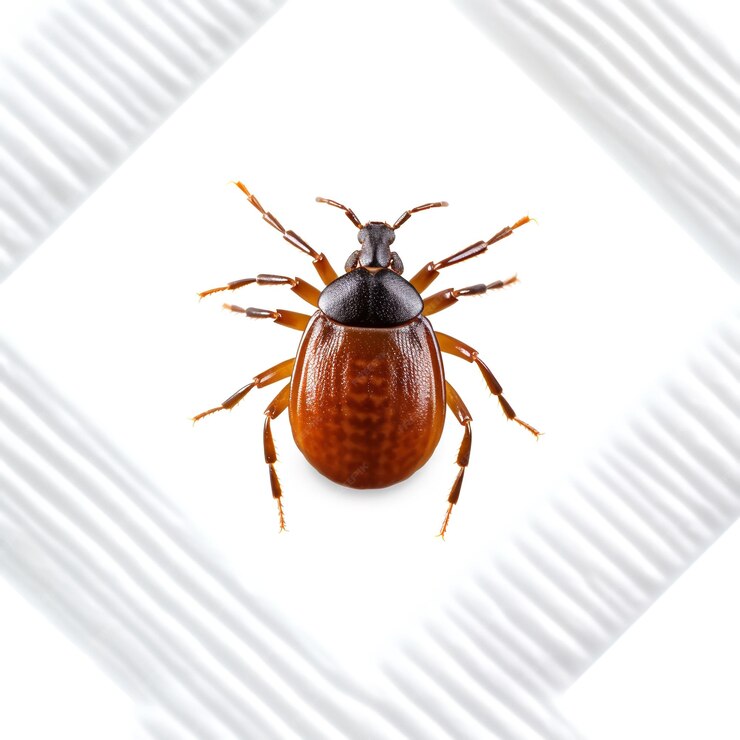
Ticks are small, blood-sucking parasites that can pose serious health risks to both humans and pets. They are commonly found in wooded or grassy areas and can latch onto animals or people, feeding on their blood. Ticks can transmit various diseases, making their control essential for maintaining a safe environment.
Ticks thrive in humid conditions and are often found in areas with tall grass, shrubs, or leaf litter. They can attach themselves to pets, making it crucial for pet owners to implement preventive measures.
Effective tick control involves regular inspection of pets, maintaining a clean yard, and using appropriate insect repellents and treatments. Professional pest control services can provide targeted treatments to reduce tick populations and protect your home.
Tick pest services are crucial to prevent the health risks associated with tick bites. Professional services ensure thorough inspections, effective treatments, and long-term management strategies to keep your property and loved ones safe from ticks.
Tick bites can lead to serious health conditions, including Lyme disease, Rocky Mountain spotted fever, and other tick-borne illnesses.
Ticks can infest pets, causing pain, irritation, and severe health issues that may require veterinary care.
The presence of ticks can limit outdoor recreational activities, as people may avoid areas where ticks are prevalent.
If not controlled, ticks can multiply rapidly, leading to higher risks of bites and disease transmission.
Costs associated with treating tick-borne diseases can be significant, making tick prevention and control essential.
Properties with known tick issues may experience a decrease in value, as potential buyers may be deterred by health risks.
Red, swollen areas on the skin, often accompanied by itching.
Finding ticks on pets, clothing, or in the environment.
Evidence of wildlife near your home, as they can carry ticks.
Clusters of ticks in dense vegetation or areas of tall grass.
Once you have successfully treated a tick infestation, it’s crucial to take proactive steps to prevent future infestations. Effective post-treatment measures not only help protect your home and yard from ticks but also contribute to maintaining a safe environment.
Don’t let ticks compromise the safety and health of your family. Contact us today for a comprehensive tick inspection and personalized tick control plan. With our expert service, you can trust that your home and yard will remain secure from these harmful pests for years to come.